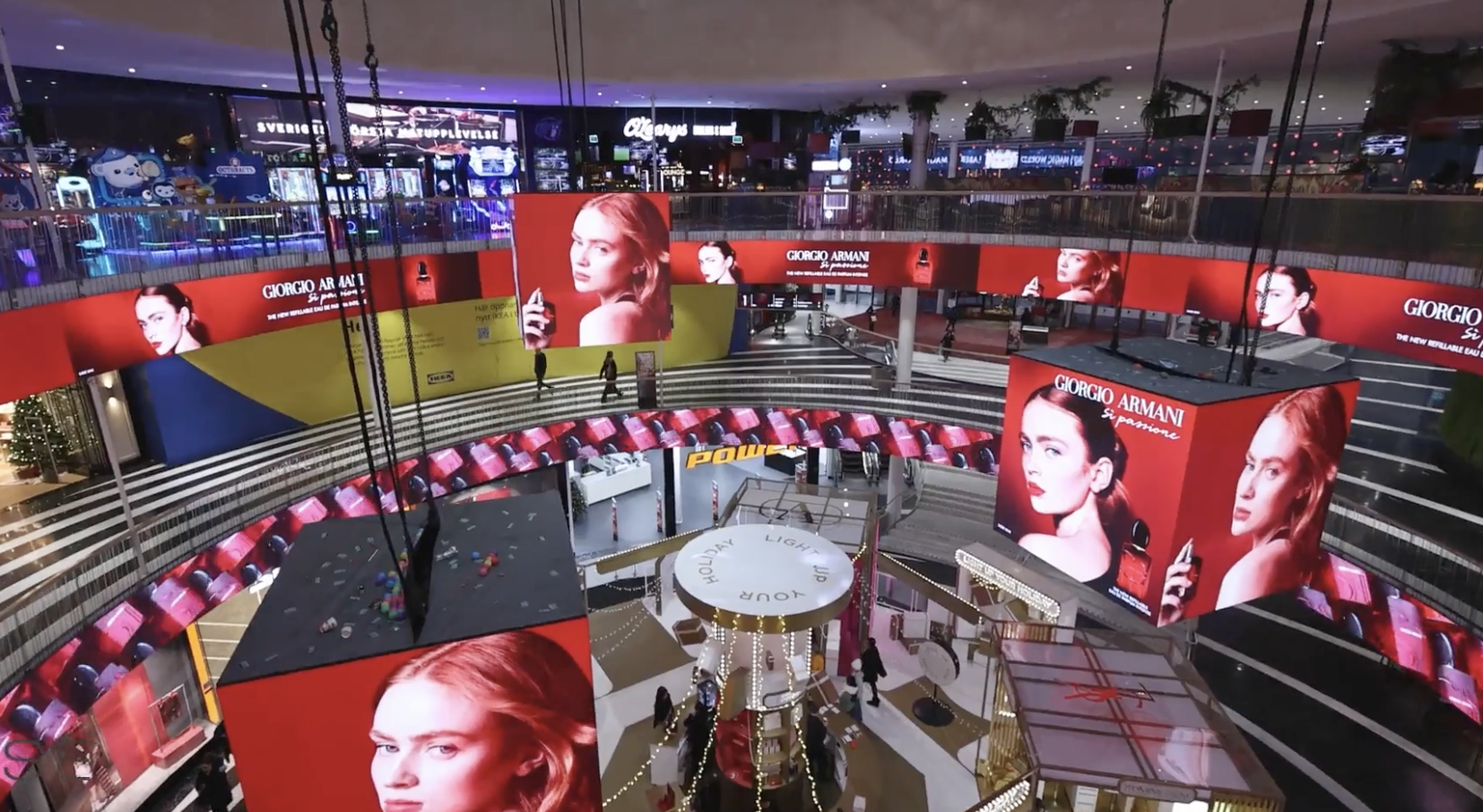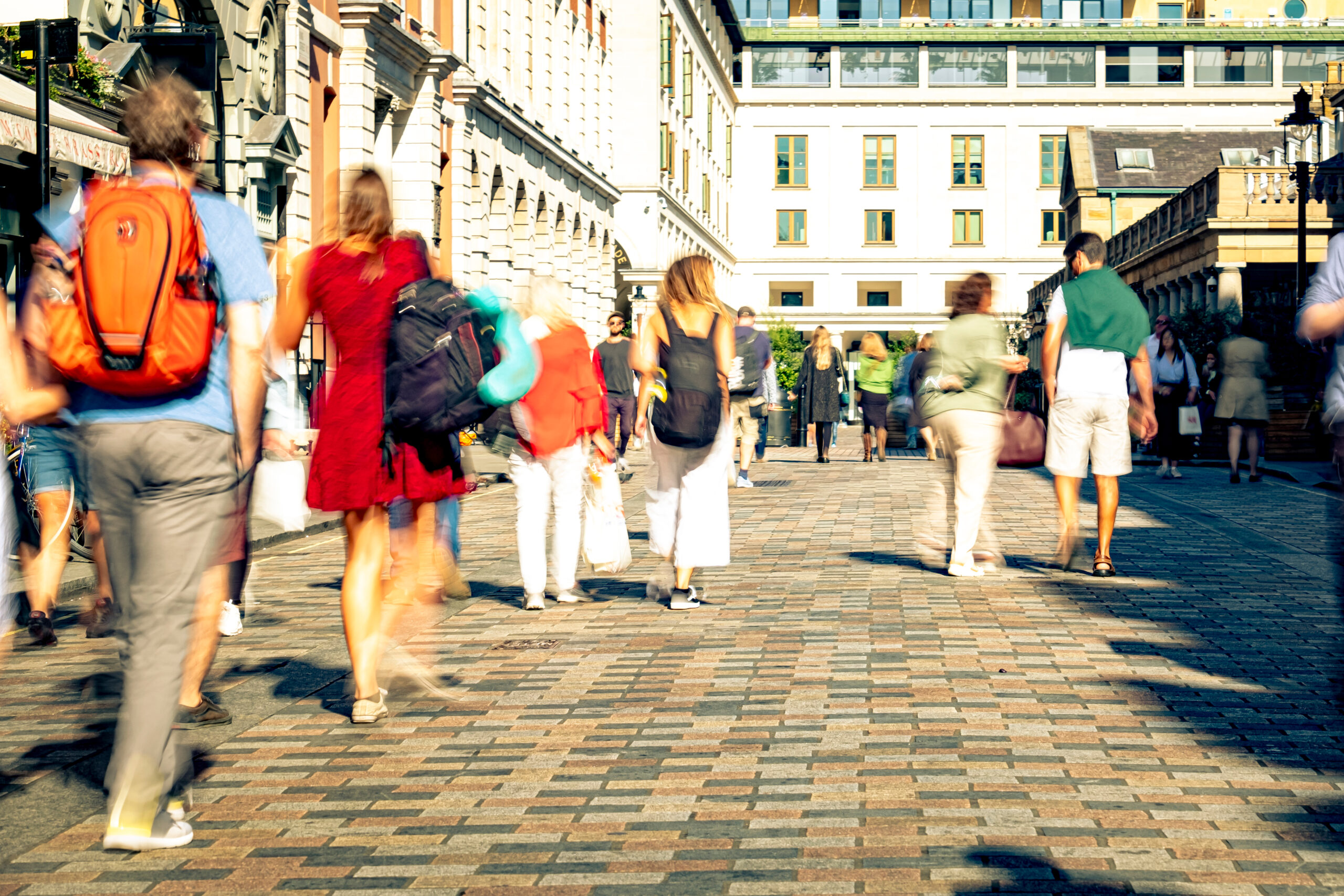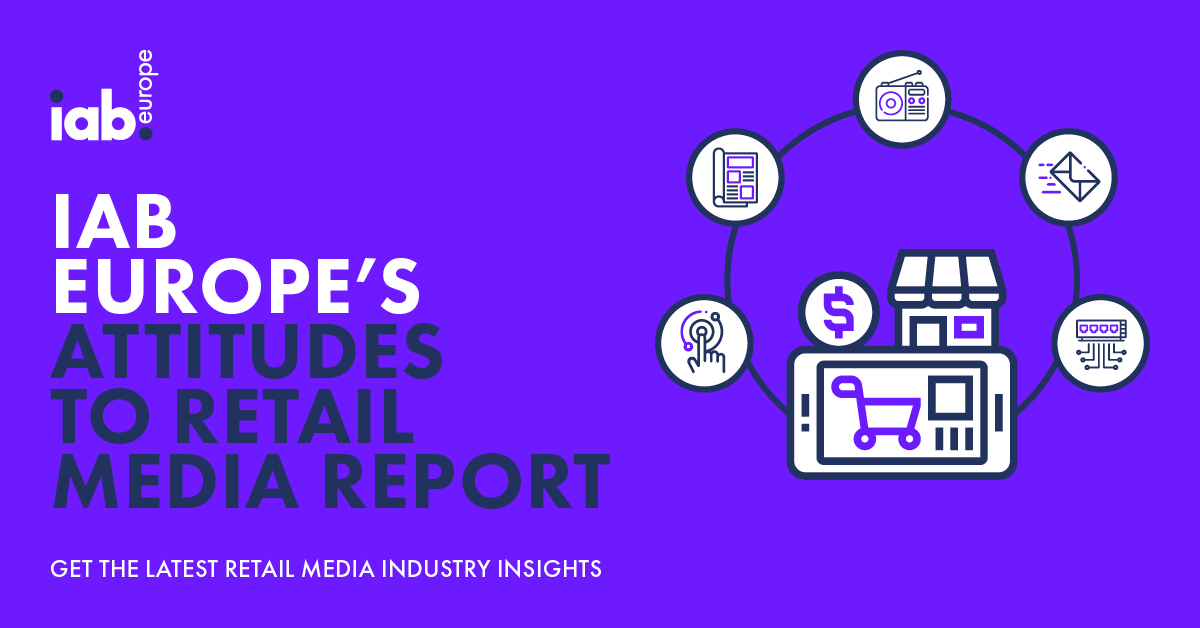One way or another, Russia is rarely far from the headlines. But unless you are actively involved, it’s unlikely you have a great deal of insight into how Russia stacks-up in the ecommerce world.
eDelivery spoke with Nenad Cetkovic, COO of Lengow, a provider of ecommerce information feeds which works with some big retail names including North Face and L’Oreal, and has recently integrated Russian market details into its database. Perhaps Russia hasn’t been as big a success story as the other BRIC nations, but despite the geo-political turbulence life goes on for ordinary Russians, many of whom want to buy from multi-channel retailers in other countries.
eD: Tell me a little about Lengow.
NC: Lengow was created in 2009 after its two co-founders, Jérémie Peiro and Mickael Froger, observed that there were very little tools available to manage the distribution of retailer’s products on different online channels (comparison shopping engines, affiliate networks, marketplaces, retargeting, sponsored links, social networks, etc.).
The Lengow solution enables retailers to manage and optimise the visibility and profitability of their product catalogue across all online channels worldwide.
The company employs over 80 employees spread across its two offices in Nantes, headquarters, and Paris, international office. Currently more than 3600 online retailers, in over 35 countries, use the solution to optimise their sales (including L’Oréal, The North Face, inkClub, Nisbets, and Made.com).
eD: Tell me about yourself, your role, how long you have been at Lengow, and some of your career history.
NC: I joined Lengow at the start of 2012 to manage the international office. In just three years we have managed to cover over 35 countries including France, UK, Spain, Germany, Italy, Brazil, China, Russia and more! I have over 15 years experience working in the Internet industry. Dedicated to encouraging the growth of the digital sector, I am a board member of, and advisor to several start-ups.
eD: What do you enjoy most about what you do?
NC: The Lengow experience has enabled me to discover ecommerce on a global level. Every market has its particularities and it has been a fascinating challenge to understand these differences and adapt our solution accordingly.
eD: Tell me about the Russian ecommerce sector – how big is it and how fast is it growing, what are the main categories of goods Russians are buying online?
NC: In 2014 $17 billion was spent on ecommerce in Russia and cross border trade accounted for approximately $5 billion of this, a 27% increase on the previous year. With more than 80 million Internet users, of which 30.6 million buy online, Russia is one of the most connected countries in Europe and represents a huge opportunity for online retailers. The most popular product categories bought online include household appliances, electronics, clothing and footwear.
eD: What about payment methods – what are the most common options?
NC: Despite being now virtually non-existent in the West, cash on delivery remains the preferred method of payment in Russia. However, its popularity is gradually decreasing, especially for the new generation of Internet savvy consumers. Bank cards are rarely used and the most popular local electronic currencies are Yandex Money, Webmoney and the QIWI Wallet.
eD: What do Russians buy online from other countries, are there any non-Russian brands that stand out?
NC: Motivated mainly by finding better prices or products not available in Russia, cross border ecommerce is growing rapidly in the country. The majority of cross border purchases are made from China, followed by the US. Among the most successful categories are food and luxury goods; electronic goods and fashion apparel are also popular. Aliexpress.com, eBay.com and Amazon.com are the leading international ecommerce companies in Russia.
eD: Which Russian businesses are doing really well in this sector?
NC: Russia, much like China, has created its own local champions. Ulmart.ru is Russia’s biggest ecommerce player, selling everything from garden products to electronics. Ozon, Russia’s answer to Amazon, is also a major contender in the country’s ecommerce market. Yandex.Market, an ecommerce site created by Internet giant Yandex, is also highly popular, with over 16300 retailers worldwide listing their products on the site.
eD: What do you think the main differences are between the UK and Russian ecommerce sectors, in particular the issue of delivery?
NC: Aside from differences in payment preferences, there are also differences in delivery options. Russia is less developed than the UK in terms of infrastructure and has larger land distances, and so this has a knock on effect on delivery. Whereas in the UK there are numerous delivery options (free delivery to express delivery), Russia is far more limited. Due to the country’s sheer size, express delivery is simply not feasible and Russians can expect to wait anything from one week to several months. Post is seen by some as unreliable and options such as collection at a pick up point or carrier delivery are preferred. Furthermore, in Russia ecommerce tends to be centred around the major cities of the country, as Internet penetration is not uniform throughout the country.
eD: How can each country benefit from the other?
NC: Russia could benefit from cross border expertise of many service providers specialised in delivery, product management, etc. There are opportunities for all European service in the country. Russia also offers UK and other international retailers the opportunity to sell to an increasingly connected nation, who has a perchance for western brands. Lengow is very proud to facilitate this process through its partnership with Yandex.Market, which allows its clients to sell their products on the Russian market.
eD: Is security and trust a problem for online shopping in Russia? How about broadband access – how widespread is it?
NC: Consumers are concerned regarding the security of their payment and personal information, in addition to the authenticity of products they wish to purchase. As a consequence, consumers prefer to pay for their products upon delivery. It is a good idea for online stores to offer offline support in the form of toll-free customer service numbers to reassure potential customers. As an additional online feature, a real time chat could also help inspire trust.
Internet penetration is currently around 57%, however it is still uneven in the country. For example, internet penetration in Moscow and St. Petersburg is over 77%, compared to 50% in smaller towns and villages. Differences in standards of living, development of broadband and wireless Internet access and computer literacy help to explain this.
eD:How is cross border ecommerce affected by sanctions, if at all?
NC: Due to economic sanctions imposed by western countries and the collapse of the Ruble, Russian consumer purchasing power was lower in 2014 than in previous years.
In February 2015 Amazon announced that, in connection with the economic sanctions announced by the US government, it was ceasing operations in Crimea. In addition, eBay and Google also stated that they were no longer providing a full scale service in the area, and PayPal also declared that it was suspending services in the area.
However, despite all these factors, Russian cross border trade remained strong in 2014 (sales were up 75% on 2013) and is expected to continue to grow in the coming years.









